Snow Blindness: Causes, Prevention, and Treatment
When you think of sunburn, you probably imagine red, peeling skin. However, did you know that your eyes can also suffer from sun damage? Overexposure to ultraviolet (UV) rays can cause a painful condition called photokeratitis, more commonly known as snow blindness. Just like sunburned skin, snow blindness happens after too much UV exposure, and by the time symptoms appear, the damage has already been done.
Though it sounds alarming, snow blindness is completely preventable. If you plan to spend time outdoors—whether in the bright Edmonton winters or sunny summer months—it’s essential to wear proper eye protection. If you think you may be experiencing symptoms of snow blindness, visit an eye doctor at Optometrists’ Clinic Edmonton for a thorough examination and treatment recommendations.
What is Snow Blindness?
Snow blindness is essentially a sunburn on your cornea, the clear, outermost layer of your eye. The cornea acts as a protective shield, but excessive UV exposure can damage its delicate surface, leading to discomfort, irritation, and temporary vision impairment. While snow blindness does not cause permanent blindness, it can result in pain, inflammation, and extreme light sensitivity.
Symptoms of snow blindness include:
- Red, burning eyes
- A gritty or sandy sensation in the eyes
- Increased light sensitivity
- Watery or teary eyes
- Blurred vision
- Swollen eyelids
- Headaches
- Halos or glare around lights
If you notice these symptoms, take immediate action to prevent further irritation and promote healing.
Snow Blindness Isn’t Just a Winter Problem
Despite the name, snow blindness can happen even without snow. Snow reflects over 80% of UV rays, which is why it’s a common risk for winter sports enthusiasts, such as skiers, snowboarders, and mountain climbers. The problem is even worse at higher altitudes, where UV rays are more intense.
However, snow blindness isn’t limited to winter. Other reflective surfaces, like water, white sand, and even ice, can bounce UV rays into your eyes, increasing your risk. Activities like boating, fishing, hiking, or spending time on a sunny beach can also expose you to excessive UV radiation, making proper eye protection essential year-round.
How to Prevent Snow Blindness
The best way to protect your eyes from UV damage is by wearing the right sunglasses or goggles whenever you’re outdoors. While many people only think about wearing sunglasses in Edmonton during the summer, UV exposure is just as dangerous in the winter.
Here’s how to choose the right eyewear to prevent snow blindness:
- Wear sunglasses that block 100% of UV rays – Not all sunglasses offer full UV protection. Always check labels to ensure they provide 100% UVA and UVB protection.
- Choose wraparound sunglasses – Wraparound styles provide added protection by blocking UV rays from all angles.
- Invest in glacier glasses – Designed for high-altitude activities, glacier glasses feature darker lenses, stronger light filtration, and side shields to prevent indirect UV exposure.
- Keep your sunglasses on, even on cloudy days – UV rays can penetrate thin cloud cover, so always wear protective eyewear, even when the sun isn’t shining brightly.
What to Do if You Get Snow Blindness
If you suspect you have snow blindness, follow these steps to ease discomfort and help your eyes heal:
- Move indoors – Get out of the sun as soon as possible to prevent further UV exposure.
- Remove contact lenses – If you wear contact lenses, take them out immediately to avoid further irritation.
- Rest your eyes – Limit screen time and avoid bright lights to reduce strain on your eyes.
- Apply a cool compress – A cold, damp washcloth placed over your closed eyes can help soothe irritation and reduce swelling.
- Take over-the-counter pain relief – If needed, you can use ibuprofen or acetaminophen to manage pain and inflammation.
- Avoid rubbing your eyes – This can worsen irritation and delay healing.
Most cases of snow blindness resolve within 24 to 48 hours, but if symptoms persist or worsen, schedule an appointment with an eye doctor at Optometrists’ Clinic Edmonton to rule out any serious complications.
Protect Your Vision Year-Round with the Right Sunglasses in Edmonton
Whether it’s winter or summer, proper eye protection is key to maintaining healthy vision. Snow blindness may be temporary, but repeated UV exposure can lead to long-term damage, including cataracts, macular degeneration, and other vision problems.
At Optometrists’ Clinic Edmonton, we provide comprehensive eye exams and offer a wide selection of UV-protective sunglasses for every season. If you have concerns about eye health, sun exposure, or finding the right protective eyewear, visit one of our Edmonton-area clinics today. Book an appointment to ensure your vision stays clear and protected all year long.



